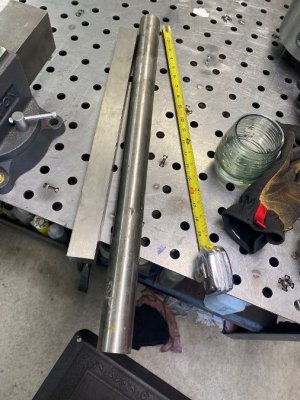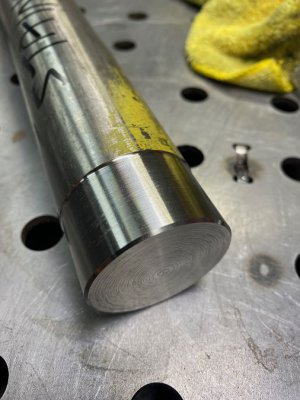- Joined
- Mar 26, 2018
- Messages
- 8,411
I remember something about fires but the blocks had aluminum as well.What was this problem?
I know magnesium burns very hot.
Not sure of the historical specifics. This should be interesting....
Found this on physics forum
"
In summary, magnesium is not commonly used in engine castings because it is less strong than other metals, is flammable, and is not easily machined.f
Reference: https://www.physicsforums.com/threads/why-magnesium-isnt-used-much-for-engine-castings.275958/



